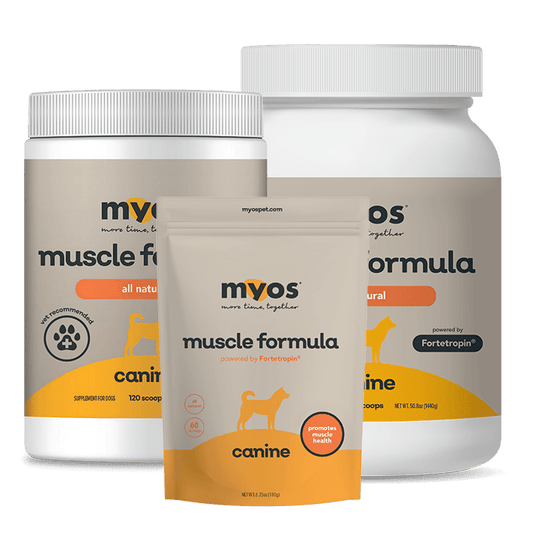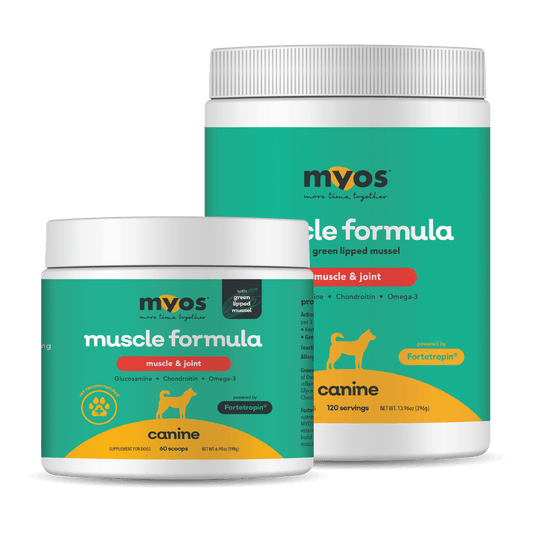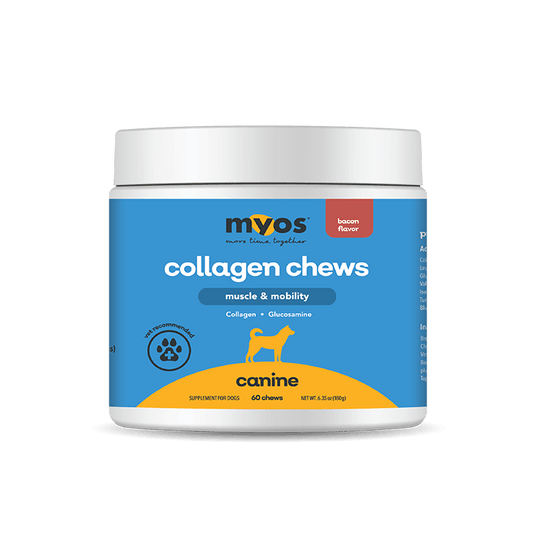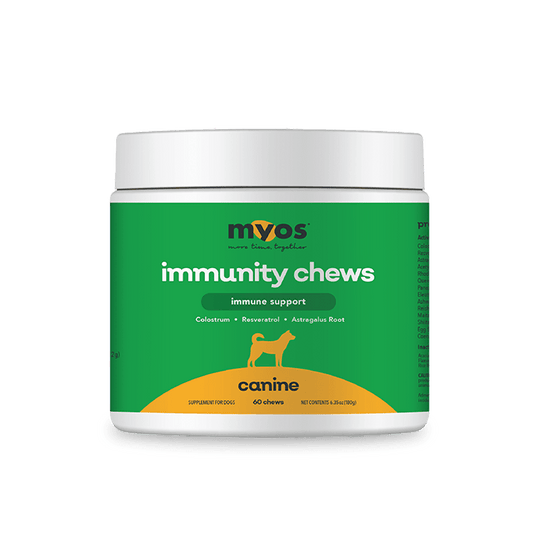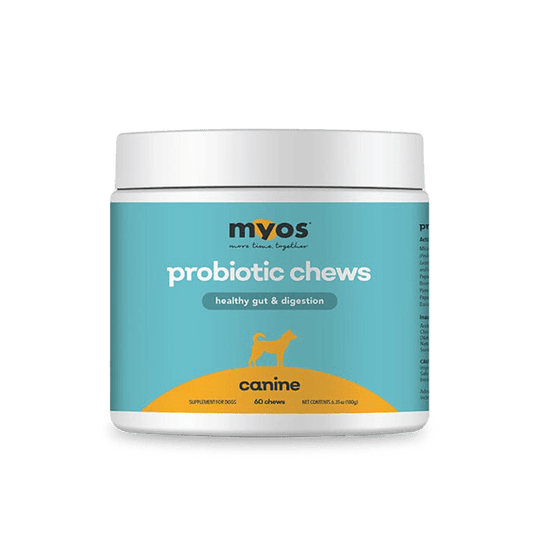
The COVID-19 Pandemic has impacted our lives here in the United States and beyond in ways that were unimaginable a couple of months ago. As of this morning, more than five thousand lives have been claimed by COVID-19 in the U.S. including those of the people that devoted their lives to caring for man’s best friend such as the beloved Veterinarian, Dr. Peter Sakas [1] who owned Niles Animal Hospital and Bird Medical Center in Niles, IL. Even when his health deteriorated, Dr. Sakas continued to care for animals. As a company devoted to the health of animals, we continue to monitor research related to how COVID-19 impacts animals and we discuss this below briefly. We also discuss what we are doing at MYOS to help animals who have been indirectly impacted by COVID-19 due to the economic toll that the pandemic has taken.

The Impact of COVID-19 On Small Animals:
For the most part, our understanding of how SARS-CoV-2 impacts small animals is limited at this time. In a recent preprint [2], Researchers at Harbin Veterinary Research Institute in China reported on some experiments that were conducted on SARS-CoV-2 involving cats at a Level 4 Biosaftey Animal Facility. The Scientists found that the SARS-CoV-2 virus does not replicate well in dogs, pigs, chickens and ducks. However, the Researchers did note that there is efficient replication of the virus in both ferrets and cats. These animals were inoculated intranasally with CTan-H, a SARS-CoV-2 isolate collected from a human patient in China. In addition, viral transmission experiments indicated that SARS-CoV-2 can be efficiently transmitted between cats through respiratory droplets. However, these studies have been criticized due to the high dose of virus given to the cats and other animals and the small number of animals used [3]. Clearly, the “jury is out” right now and we continue to monitor research preprints on a daily basis on this subject area.
Our Response to COVID-19: Working With Vets and Shelters to Prevent Muscle Wasting
There is no question that this is a time of extraordinary hardship across the United States and beyond. Beyond the toll that COVID-19 has taken on the health of people that we care about, there is the deep economic toll that the pandemic is taking. 6.6 million Americans filed for unemployment benefits last week and 3.3 million Americans filed for unemployment benefits during the week before [4]. When people lose their jobs and have difficulty providing for themselves and their families, sadly their pets get left behind. Naturally, animal shelters that operate with very lean budgets find themselves struggling as well. Animals that become malnourished experience significant muscle loss.
Animals that experience muscle loss struggle in many ways. Muscle loss is associated with components of the frailty-related phenotype (FRP) such as 1) chronic undernutrition 2) exhaustion 3) low physical activity level 4) poor mobility and 5) weakness [5]. Research by Veterinarians at Ecole Nationale Vétérinaire d'Alfort, France has shown that when dogs exhibit two or more components of the frailty-related phenotype, their risk of mortality significantly increases as illustrated in Figure 1.
We don’t want a single animal to needlessly suffer during this difficult time due to undernourishment. Therefore, we are working with Veterinarians and Animal Shelters across the country to make our product, MYOS Canine Muscle Formula (MCMF) available at no cost to those who are most in need. In a clinical trial, Fortetropin®, the active ingredient in MCMF has been shown to significantly reduce muscle atrophy [6].
If you are a pet owner, Veterinarian or run an Animal Shelter and are in need, please feel free to contact me (npadliya@myoscorp.com) or Andrea Libretti (alibretti@myoscorp.com). We will do our best to help. In the meanwhile, stay safe.
References:
- Lowe, M. “’He was literally Dr. Doolittle’: Beloved Niles veterinarian among COVID-19 victims.” WGN9, April 1, 2020. https://wgntv.com/news/coronavirus/he-was-literally-dr-doolittle-beloved-niles-veterinarian-among-covid-19-victims/
- Shi, J. et al. “Susceptibility of ferrets, cats, dogs, and different domestic animals to SARS-coronavirus-2.” Preprint at bioRxiv https://doi.org/10.1101/2020.03.30.015347 (2020).
- Graham, F. and Castelvecchi, D. “Daily Briefing: Evidence that cats (but not dogs) can be infected with the coronavirus.” Nature, April 1, 2020. https://www.nature.com/articles/d41586-020-00989-3
- Tappe, A. “6.6 million Americans filed for unemployment benefits last week — a record high as coronavirus takes its toll.” CNN, April 2, 2020. https://www.cnn.com/2020/04/02/economy/unemployment-benefits-coronavirus/index.html
- Hua, Julie, et al. "Assessment of frailty in aged dogs." American journal of veterinary research12 (2016): 1357-1365.
- White, Dana., et al. PLOS One (2020), “The impact of Fortetropin® supplementation on dogs recovering from Tibial-Plateau Leveling Osteotomy (TPLO) surgery.” Revised manuscript submitted.

